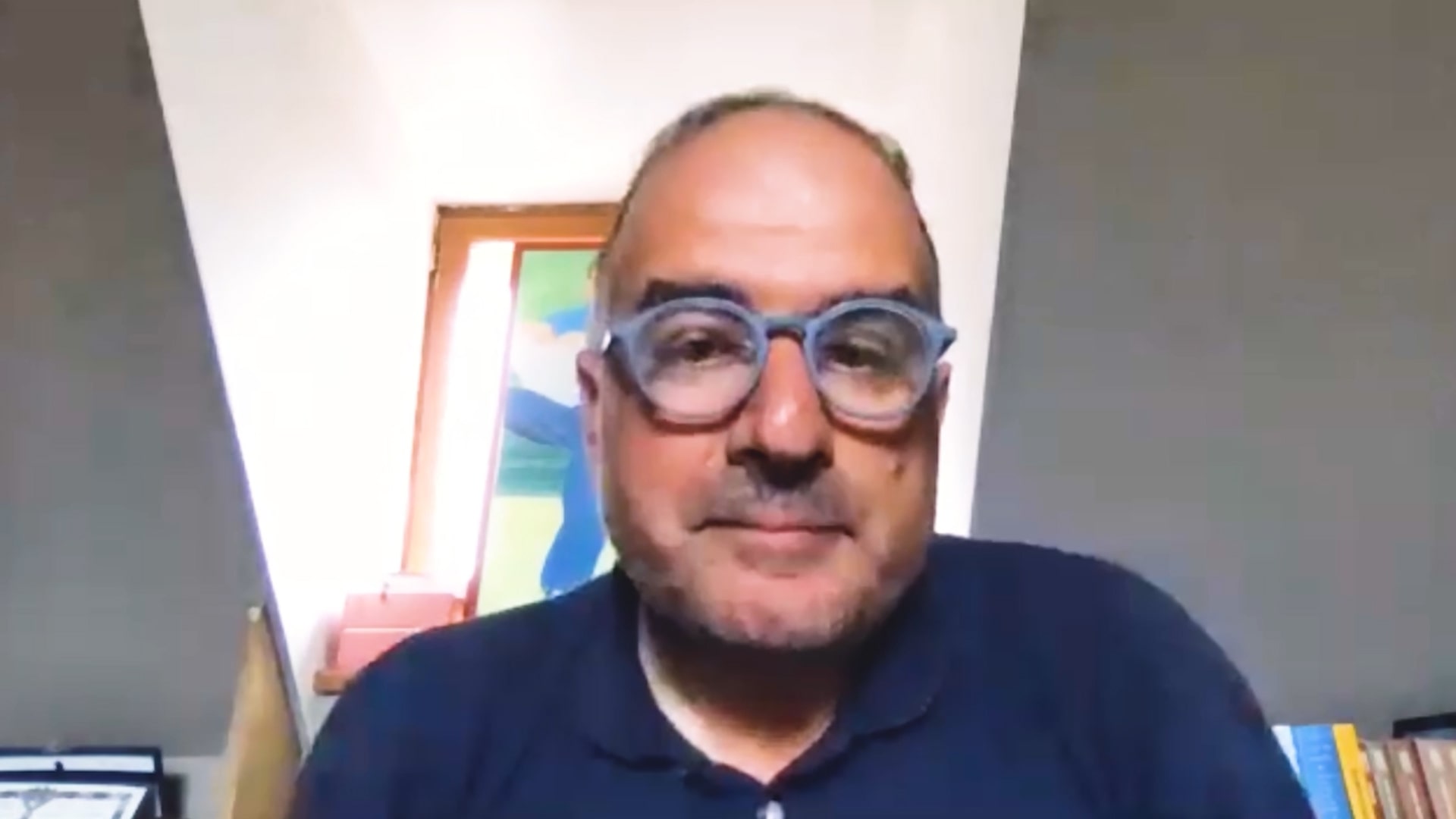
Leaders: Creativity, Expertise, & Risk
Former Chief Strategy and Marketing Officer at Airbus & Former CEO at MBDA
inpractise.com/articles/leaders-creativity-expertise-risk
Why is this interview interesting?
- How to think about the three core characteristics of leaders and understanding where your strength lies
Interview Transcript
What characteristics do you think are most important, as a leader?
You need to be humble, because you need to be able to assess yourself. Who am I? What are my strengths? What are my weaknesses? As a leader, your job is going to be to assemble a team that compensates for your weaknesses. If I were to draw a graph, I would say, you need to assess along three different axes. Creativity, risk awareness and expertise.
Expertise is, how much do I know about what I’m supposed to do? Risk awareness is, am I paranoid enough? Creativity is, how much am I capable of thinking outside the box? First, you need to position yourself in this triangle. Am I of the risk-aware type? Am I of the creative type? Am I of the expert type? Am I more an expert that is creative? Am I more an expert that is risk aware? Where am I, in this triangle?
Once you have assessed yourself, you assemble a team that pushes the whole to the center of gravity. You have as much creativity as risk awareness as expertise. Where this becomes difficult is that this is dynamic in time. Your expertise grows. When you get hits, one after the other, you become much more risk aware. When you grow older, your creativity is less and less at the edge. You need to keep thinking of that and this is where humility plays. The temptation is so big to say, okay, I’ve succeeded in everything. So we’ll just do it as we did before. This applies all down the chain of leadership. It’s not just the chief executive. We’re always the leader of something.
How do you cultivate humility?
Besides what you can do in personal training, nothing is more humbling than comparing. Inside your organization, you put teams together and we compare cases between two different companies. Keep comparing. You may be the most successful leader in the world, but I can always show you things that can be improved. The first one to whom this applies, is myself.
Related Content

Airbus: Launching A320neo versus Boeing 737
Former Chief Strategy and Marketing Officer at Airbus & Former CEO at MBDA

Aircraft Order Deferrals and MAX Cancellations
Former Chief Strategy and Marketing Officer at Airbus & Former CEO at MBDA

Travel Demand Outlook Post-COVID-19
Former Chief Strategy and Marketing Officer at Airbus & Former CEO at MBDA

Negotiating Aircraft Sales
Former Chief Strategy and Marketing Officer at Airbus & Former CEO at MBDA
Copyright Notice
This document may not be reproduced, distributed, or transmitted in any form or by any means including resale of any part, unauthorised distribution to a third party or other electronic methods, without the prior written permission of IP 1 Ltd.
IP 1 Ltd, trading as In Practise (herein referred to as "IP") is a company registered in England and Wales and is not a registered investment advisor or broker-dealer, and is not licensed nor qualified to provide investment advice.
In Practise reserves all copyright, intellectual and other property rights in the Content. The information published in this transcript (“Content”) is for information purposes only and should not be used as the sole basis for making any investment decision. Information provided by IP is to be used as an educational tool and nothing in this Content shall be construed as an offer, recommendation or solicitation regarding any financial product, service or management of investments or securities.
© 2024 IP 1 Ltd. All rights reserved.
Full interview
Marwan Lahoud
Former Chief Strategy and Marketing Officer at Airbus & Former CEO at MBDA
Related Content

Airbus: Launching A320neo versus Boeing 737
Former Chief Strategy and Marketing Officer at Airbus & Former CEO at MBDA

Aircraft Order Deferrals and MAX Cancellations
Former Chief Strategy and Marketing Officer at Airbus & Former CEO at MBDA

Travel Demand Outlook Post-COVID-19
Former Chief Strategy and Marketing Officer at Airbus & Former CEO at MBDA


